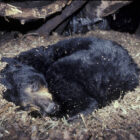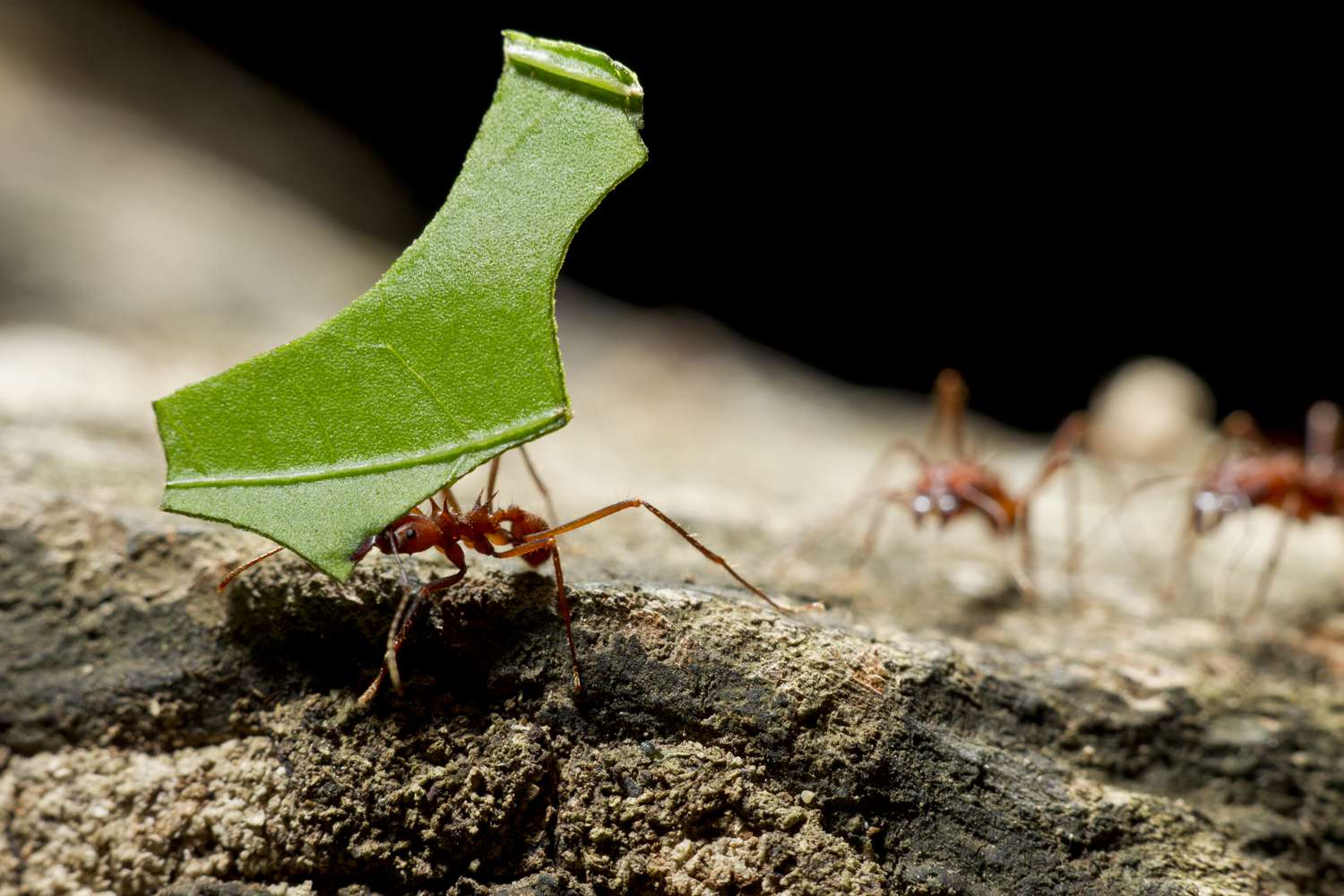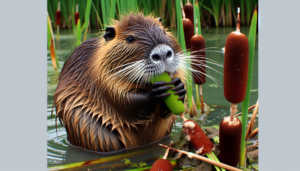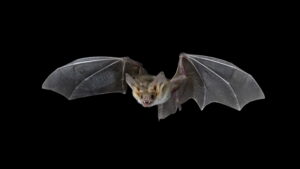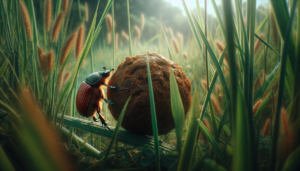Do white tail deer eat meat?
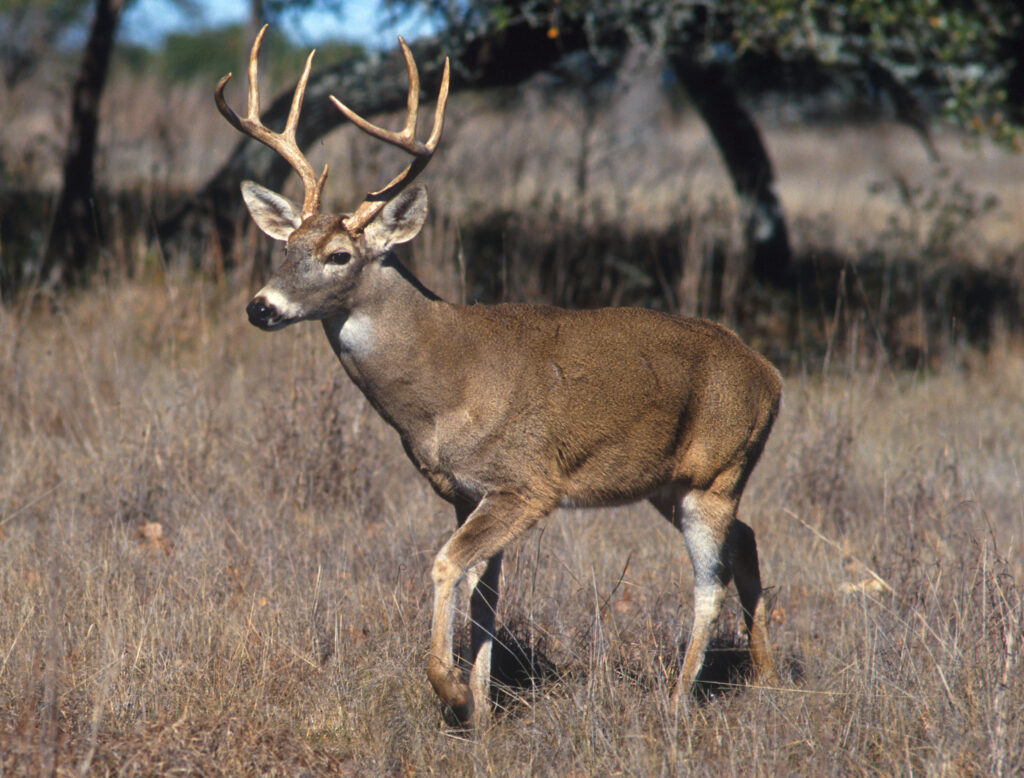
The white-tailed deer, a commonly encountered and iconic species in North America, is often associated with grazing on vegetation and plant matter. However, there has been a persistent misconception regarding their dietary habits, speculating that these deer might consume meat. In reality, white-tailed deer are herbivores and do not actively seek out or consume meat as a significant part of their diet.
Erbivores with bonus meat
White-tailed deer are classified as herbivores, meaning their primary sustenance is derived from plant-based foods. Their diet primarily consists of leaves, twigs, grass, fruits, nuts, and various types of vegetation. These deer are known to be selective feeders, consuming a wide variety of plant matter, adjusting their diet based on seasonal availability and nutritional requirements.
While their diet predominantly comprises vegetation, instances have been recorded where white-tailed deer have been observed nibbling on or consuming small quantities of animal-based sources. This behavior is typically observed when there is a lack of preferred plant-based food due to scarcity or unavailability. In such instances, they might consume small invertebrates, such as insects or bird eggs, but this behavior is uncommon and does not form a significant portion of their diet.
Occasional observations of deer showing curiosity in animal carcasses or scavenging for nutrients from bones have been noted, but these behaviors are infrequent and driven more by the need for minerals, like calcium or phosphorus, rather than a desire for meat itself.
Adapted to survive
The adaptability of white-tailed deer to survive in various habitats has led to their occasional exploration of unconventional food sources. However, these instances should not be misconstrued as an inherent preference for or reliance on meat in their diet. Their anatomical features, such as a digestive system more suited to breaking down cellulose from plant matter, further emphasize their classification as herbivores.
Furthermore, while there have been anecdotes of deer consuming small quantities of fish or birds, these incidents are more exceptions rather than the norm. Their nutritional needs are primarily met through a plant-based diet, and their biology and digestive systems are better suited for processing and extracting nutrients from plant material.
The misconception regarding deer’s meat-eating behavior might have stemmed from occasional observations of opportunistic behaviors when alternative food sources are scarce. However, these rare incidents should not overshadow the fundamental herbivorous nature of white-tailed deer.
White-tailed deer are herbivores with a primary diet consisting of vegetation and plant-based food sources. While they may exhibit occasional exploratory or opportunistic behavior towards animal-based food, these occurrences are infrequent and represent a small fraction of their dietary habits. Understanding the true dietary preferences of these majestic creatures is crucial in dispelling misconceptions and appreciating their role as vital herbivores within their ecosystems.




